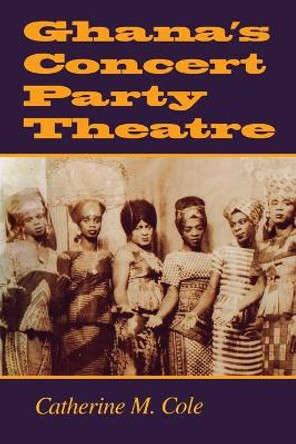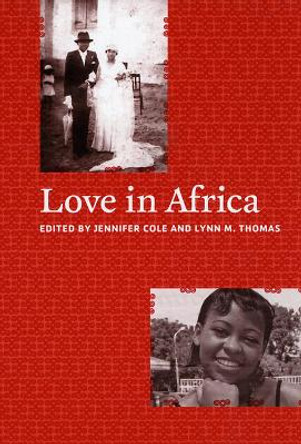Description
Gender is one of the most productive, dynamic, and vibrant areas of Africanist research today. But what is the meaning of gender in an African context? Why does gender usually connote women? Why has gender taken hold in Africa when feminism hasn't? Is gender yet another Western construct that has been applied to Africa however ill-suited and riddled with assumptions? Africa After Gender? looks at Africa now that gender has come into play to consider how the continent, its people, and the term itself have changed. Leading Africanist historians, anthropologists, literary critics, and political scientists move past simple dichotomies, entrenched debates, and polarizing identity politics to present an evolving discourse of gender. They show gender as an applied rather than theoretical tool and discuss themes such as the performance of sexuality, lesbianism, women's political mobilization, the work of gendered NGOs, and the role of masculinity in a gendered world. For activists, students, and scholars, this book reveals a rich and cross-disciplinary view of the status of gender in Africa today.
Contributors are Hussaina J. Abdullah, Nwando Achebe, Susan Andrade, Eileen Boris, Catherine M. Cole, Paulla A. Ebron, Eileen Julien, Lisa A. Lindsay, Adrienne MacIain, Takyiwaa Manuh, Stephan F. Miescher, Helen Mugambi, Gay Seidman, Sylvia Tamale, Bridget Teboh, Lynn M. Thomas, and Nana Wilson-Tagoe.
New essays on how gender works in Africa
About the Author
Catherine M. Cole is Associate Professor of Dramatic Art and Associate Director of the Interdisciplinary Humanities Center at the University of California, Santa Barbara. She is author of Ghana's Concert Party Theatre (IUP, 2001).
Takyiwaa Manuh is Professor of African Studies at the University of Ghana, Legon, and serves as Director of the Institute of African Studies.
Stephan F. Miescher is Associate Professor of History at the University of California, Santa Barbara. He is author of Making Men in Ghana (IUP, 2005).
Reviews
. . . this book is an important contribution to the location of knowledge production and the study of gender in Africa. The multi- and transdisciplinary essays emphasize in various pragmatic ways how local custodians immeasurably enrich collaborative scholarly research. Other essays offer fresh approaches to gender and gender performance while situating such enactments within a transcontinental global framework with the clear aim of promoting less antagonistic North-South dialogue and groundbreaking studies of women's and gender issues in Africa.39.4 Winter 2008
-- JULIANA MAKUCHI NFAH-ABBENYI * NORTH CAROLINA STATE UNIVERSITY *[This] is a truly remarkable and important book . . . . This text offer[s] a fresh and challenging analysis on African gender issues. . . . This book is very accessible and engaging . . . . It should have widespread appeal to Africanists from all subfields, as well as scholars of women and gender studies. Africa after Gender? makes a significant contribution to African studies and illuminates the changing discourse of gender within African contexts.June 2010
-- Jacqueline-Bethel T. Mougoue * Purdue University *Book Information
ISBN 9780253218773
Author Catherine M. Cole
Format Paperback
Page Count 344
Imprint Indiana University Press
Publisher Indiana University Press








